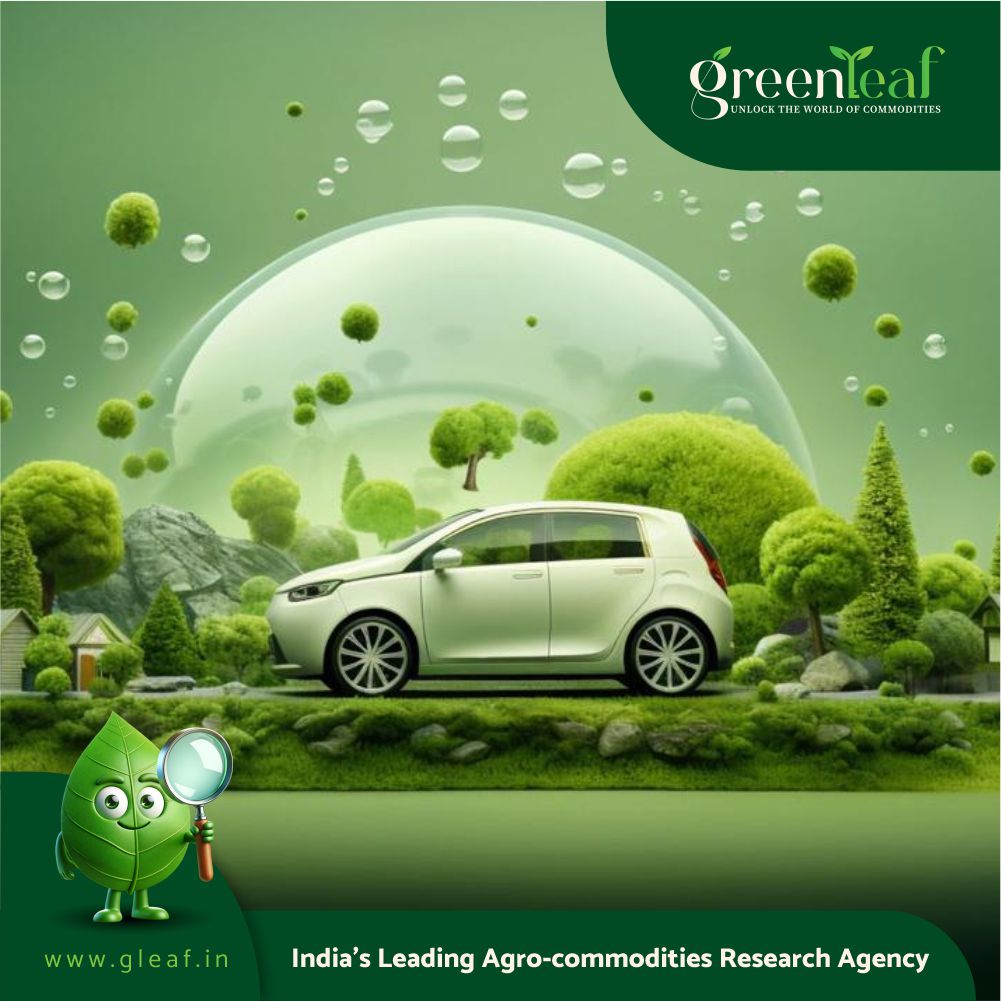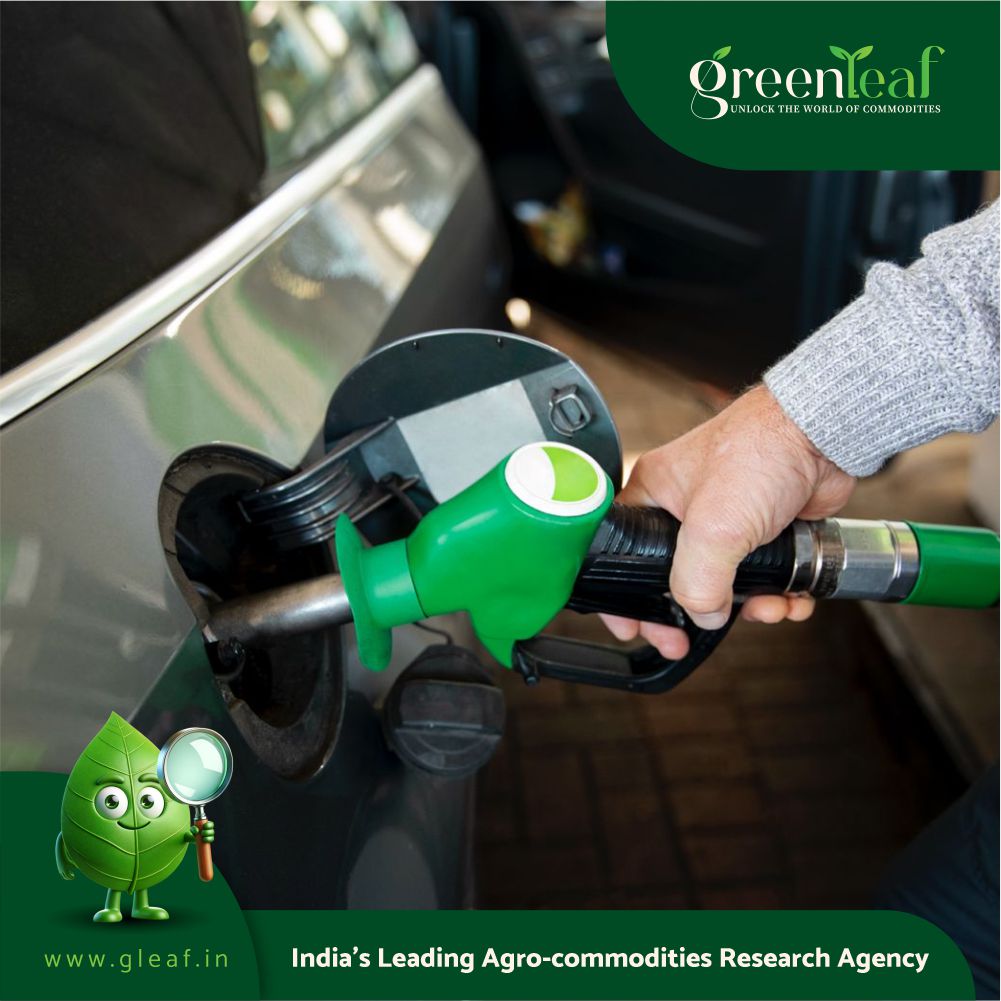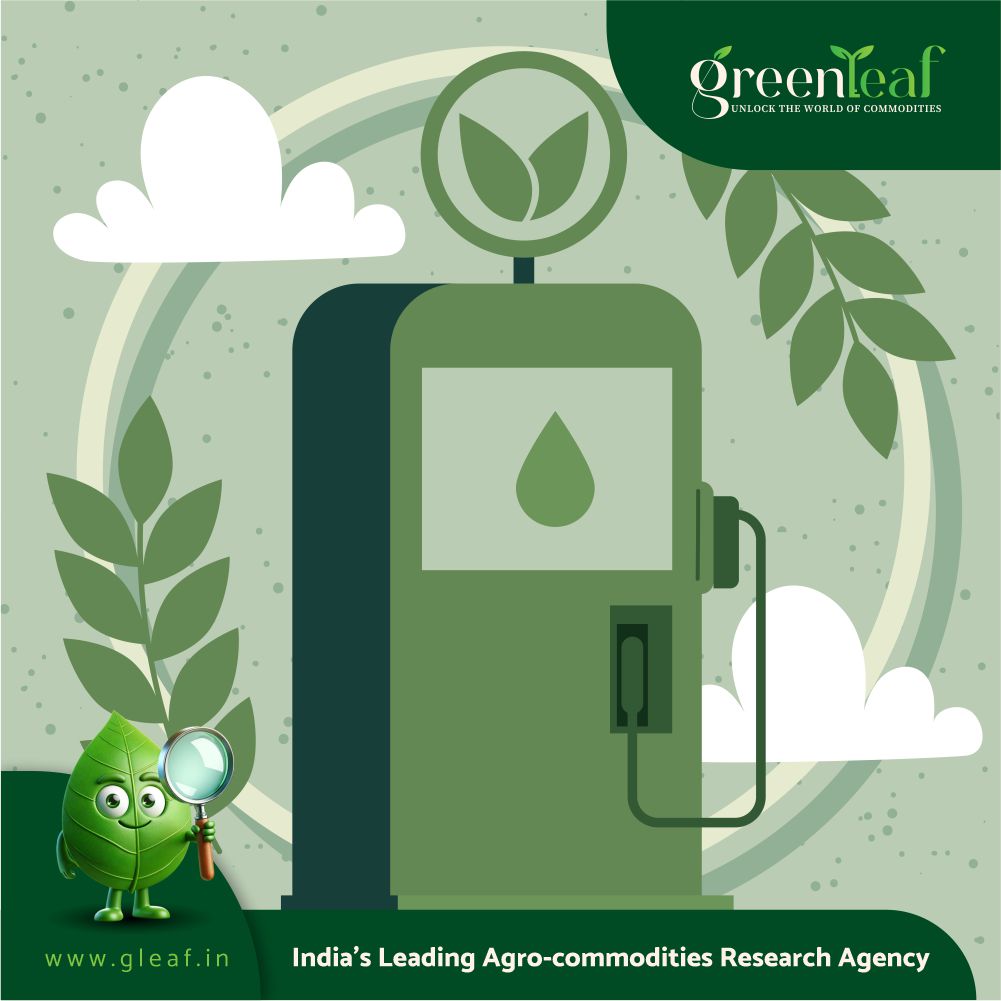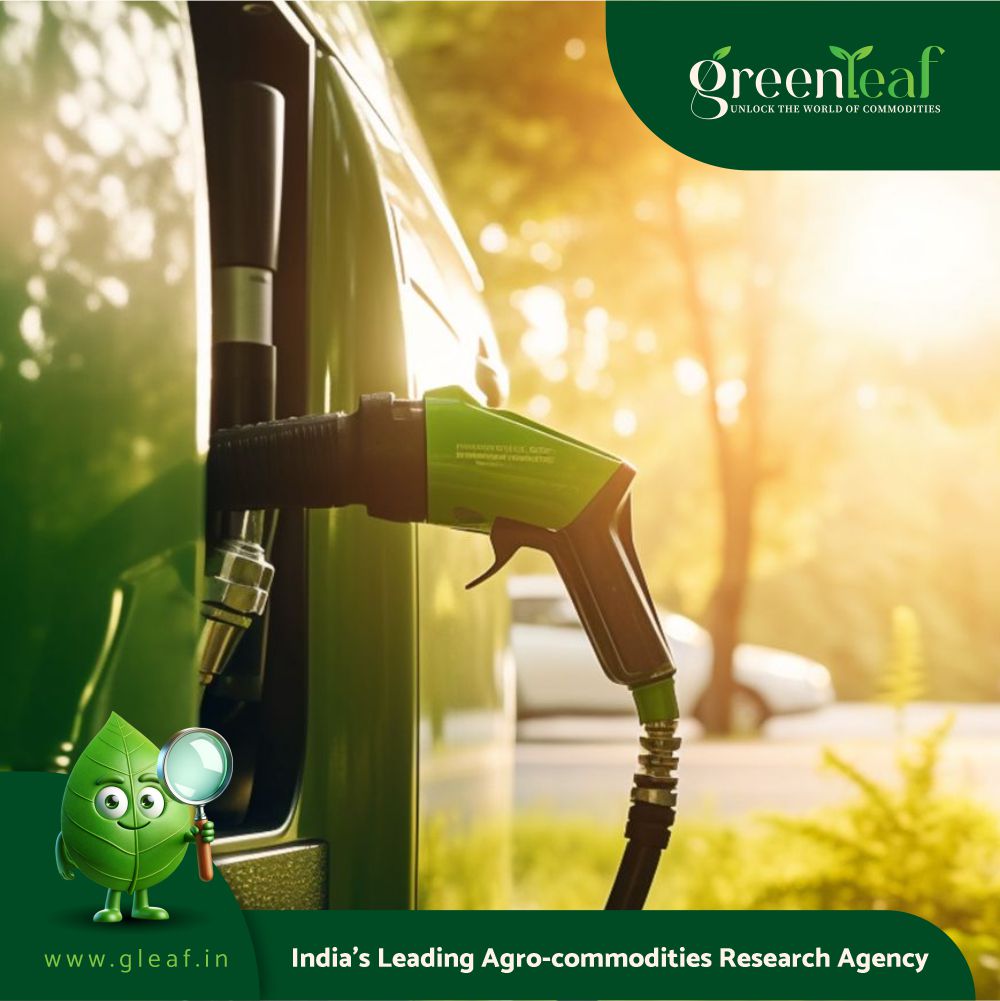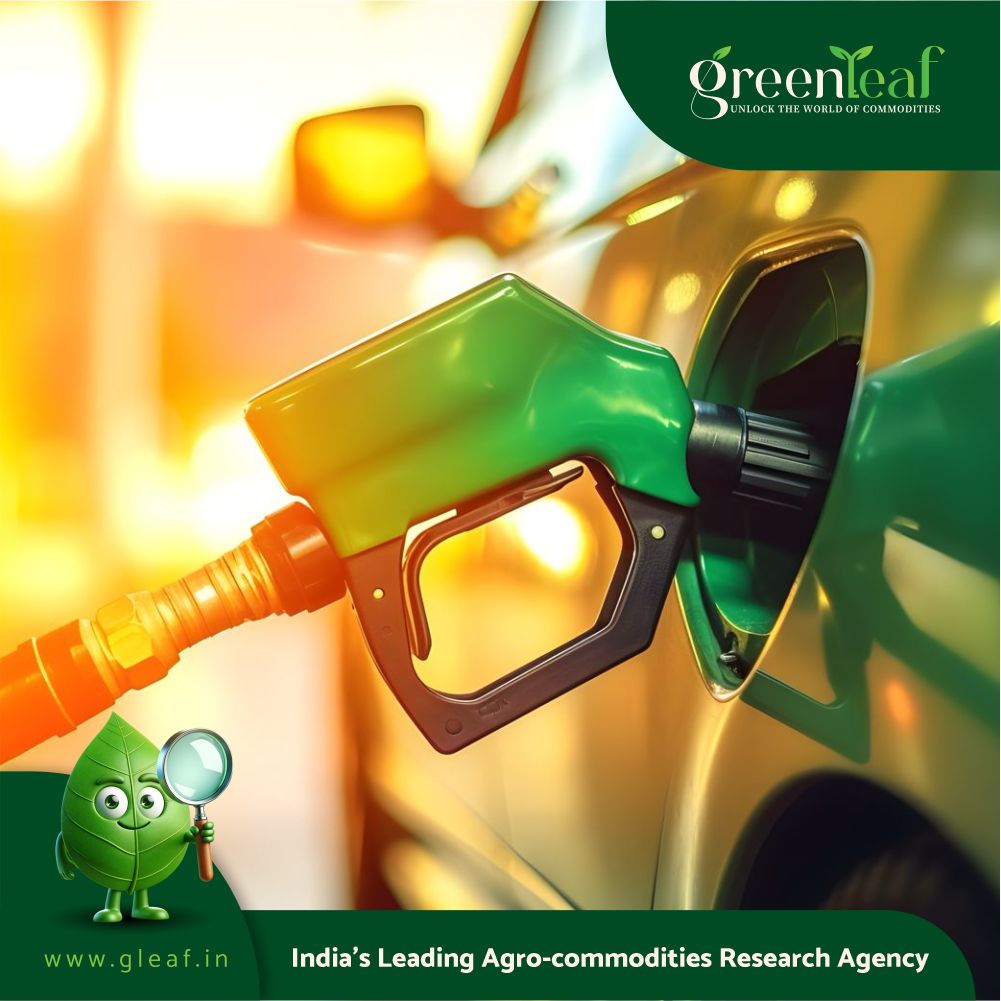Union Minister for Road Transport and Highways Nitin Gadkari on Friday dismissed concerns over ethanol-blended petrol, challenging critics to name even a single vehicle that has faced problems due to the rollout of E20—petrol blended with 20% ethanol.
Speaking at the Business Today India@100 Summit in New Delhi, Gadkari said no complaints had been received so far and accused detractors of spreading misinformation about the government’s ethanol programme. He stressed that both the Society of Indian Automobile Manufacturers (SIAM) and the Automotive Research Association of India (ARAI) had endorsed the rollout after thorough testing.
“There is no example of any car facing issues due to ethanol-blended petrol,” he said. “By putting 20% ethanol-blended petrol, has there been any car in the country that has faced issues? Just name one.”
Gadkari said the ethanol initiative was not only safe but also economically and environmentally beneficial. According to him, the blending programme has helped reduce India’s crude oil import bill and vehicular emissions, while also improving incomes for farmers.
“Corn was selling at Rs 1,200 per quintal. Now it’s used to make ethanol, and it fetches Rs 2,600 per quintal,” he said, describing the programme as a “diversification of agriculture towards energy and power.”
Earlier, the National Federation of Cooperative Sugar Factories (NFCSF) had also backed the government’s ethanol programme, calling it “scientifically validated, economically inclusive, and environmentally responsible.” Its managing director Prakash Naiknavare said the initiative has made the sugar sector financially sustainable while enabling timely payments to farmers and supporting India’s rural bioeconomy.
He also hinted that some of the pushback may be coming from vested interests. “Some people may have vested interest in criticising this, but we do not need to worry about that. All these things are tested by the ARAI, there are reports, and then our ministry determines the standards,” he said.
His remarks come just days after the Ministry of Petroleum and Natural Gas issued a clarification addressing growing public concern over E20’s impact on vehicle performance. In a post on X (formerly Twitter), the ministry said fears surrounding E20 were “largely unfounded and not supported by scientific evidence or expert analysis.”
The ministry cited long-term testing of both carbureted and fuel-injected vehicles, each driven for 100,000 km on E20 fuel, with performance evaluated every 10,000 km. It said the tests revealed “no statistically significant differences” in power, torque or mileage compared to regular petrol. Additional assessments by ARAI, the Indian Institute of Petroleum (IIP), and Indian Oil Corporation’s R&D team found that even older “legacy vehicles” did not exhibit abnormal wear and tear. E20 also passed cold and hot engine start tests without incident.
While newer vehicles calibrated for E20 may show a 1–2% mileage dip and older models a 3–6% decline, the ministry said this is a minor impact that can be managed through engine tuning and ethanol-compatible components, now required for all vehicles manufactured after April 2023.
However, TNIE has learned that some automotive experts and consumers report higher real-world mileage losses than those acknowledged by the government. A senior technical officer from a leading car manufacturer, speaking on condition of anonymity, said that internal assessments suggest a 5–7% drop in mileage for vehicles manufactured before 2023. “Consumer feedback suggests the impact to be in double digits in real-world driving conditions,” he added.
A nationwide survey conducted by LocalCircles, which received over 36,000 responses from petrol vehicle owners, also reflected widespread concerns. Of the 22,282 relevant responses analysed, 11% reported that their mileage had reduced by over 20%, 22% observed a 15–20% drop, and another 11% cited a 10–15% reduction. According to LocalCircles, “two in three vehicle owners, with vehicles purchased in 2022 or earlier, say their vehicle’s fuel efficiency or mileage has reduced in 2025,” indicating a growing financial impact on consumers.
The technical officer also suggested that given ethanol is locally sourced and significantly cheaper than crude oil, consumers should be offered a discount on blended petrol to offset the increased running costs. Ethanol’s administered ex-mill price is fixed at Rs 57.97 per litre, which rises to Rs 61 after a 5% GST, while petrol retails around Rs 95 per litre in Delhi.
On the issue of long-term wear and tear, the Petroleum Ministry has stated that corrosion risks are mitigated through BIS and Automotive Industry Standards, which require the use of corrosion inhibitors and ethanol-compatible materials. However, experts interviewed by TNIE cautioned that ethanol is hygroscopic—meaning it absorbs water—and can be more corrosive than petrol. Over time, this could lead to the deterioration of rubber and plastic components such as gaskets, seals, and fuel hoses, particularly in older vehicles. If not properly maintained, this wear could result in degraded fuel pumps, clogged injectors, and even fuel leaks, they warned.
Beyond technical concerns, Gadkari and the ministry have highlighted the broader national benefits of ethanol blending.
According to a NITI Aayog study, lifecycle emissions from sugarcane-based ethanol are 65% lower than petrol, while maize-based ethanol emits 50% less. Since 2014–15, the programme has saved India over Rs 1.40 lakh crore in foreign exchange and enabled payments of over Rs 1.20 lakh crore to farmers.
With a higher octane rating (~108.5) compared to petrol’s 84.4, ethanol also supports the performance of modern high-compression engines. Its higher heat of vaporisation lowers intake manifold temperatures, improving engine response and efficiency.
The ministry also rejected claims that the E20 rollout was rushed, pointing to the publicly released Roadmap for Ethanol Blending in India 2020–25, which has been in place since 2021. It said the transition was phased in consultation with vehicle manufacturers, oil marketing companies, and regulators.

